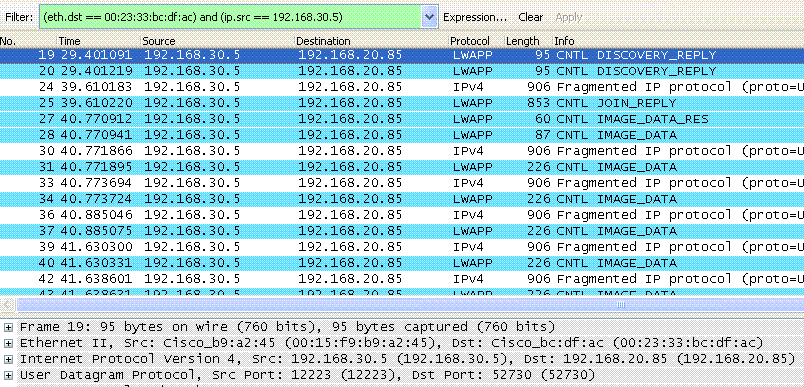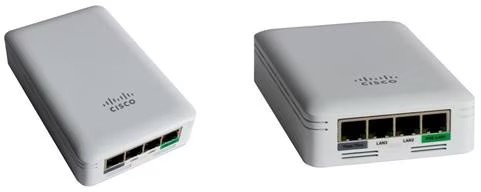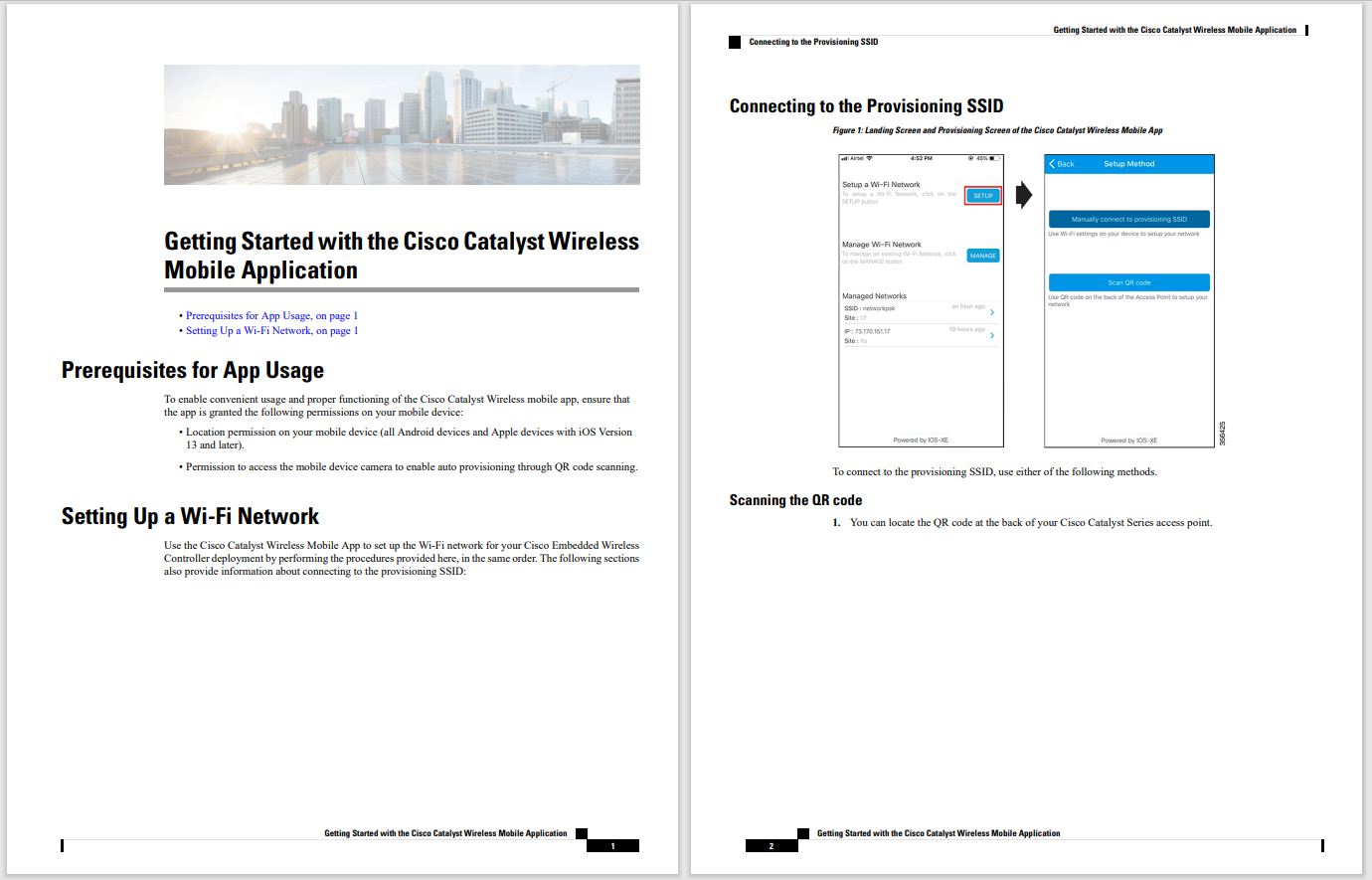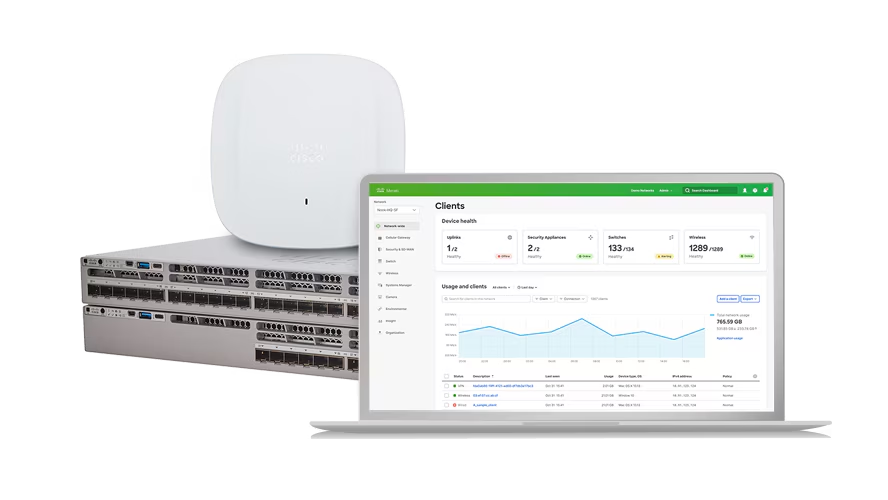































The 400 Bad Request error is an HTTP status code that means the request you sent to the website server, often something simple like a request to load a web page, was somehow incorrect or corrupted and the server couldn't understand it.
This error is often caused by entering or pasting the wrong URL in the address window but there are some other relatively common causes as well.
400 Bad Request errors, like all errors of this type, could be seen in any operating system and in any browser.
400 Bad Request errors appear differently on different websites, so you may see something from the short list belowinstead ofjust400or another simple variant like that:
The 400 Bad Request error displays inside the internet web browser window, just as web pages do.
Check for errors in the URL. The most common reason for a 400 Bad Request error is because the URL was typed wrong or the link that was clicked on points to a malformed URL with a specific kind of mistake in it, like a syntax problem.
This is most likely the problem. Specifically, check for extra, typically non-allowed, characters in the URL like a percentage character. While there are perfectly valid uses for something like a % character, you won't often find one in a standard URL.
Clear your browser's cookies, especially if you're getting a Bad Request error with a Google service. Many sites report a 400 error when a cookie it's reading is corrupt or too old.
Clear your browser's cache. A cached but corrupt copy of the web page you're trying to access could be the root of the problem that's displaying the 400 error. Clearing your cache is unlikely the fix for the majority of 400 bad request issues, but it's quick and easy and worth trying.
Clear your DNS cache, which should fix the 400 Bad Request error if it's being caused by outdated DNS records that your computer is storing. Do this in Windows by executing this command from a Command Prompt window:
ipconfig /flushdns This is not the same as clearing your browser's cache.
Troubleshooting this as a 504 Gateway Timeout error instead, even though the problem is being reported as a 400 Bad Request.
In some relatively rare situations, two servers may take too long to communicate (agateway timeoutissue) but will incorrectly, or at least unconstructively, report the problem to you as a 400 Bad Request.
If you're uploading a file to the website when you see the error, chances are the 400 Bad Request error is due to the file being too large, and so the server rejects it.
If the site permits it, compress the file to a ZIP file and then upload that instead.
If the 400 error is happening on nearly every website you visit, the problem most likely lies with your computer or internet connection. Choose an internet speed test to run, and then check with your ISP to make sure everything is configured correctly.
Contact the website directly that hosts the page. It's possible that the 400 Bad Request error actuallyisn'tanything wrong on your end but is instead somethingtheyneed to fix, in which case letting them know about it would be very helpful.
Most sites have social network contacts and sometimes even telephone numbers and email addresses.
If an entire site is down with a 400 Bad Request error, searching social media for#websitedown is often helpful, like#facebookdown or#gmaildown. It certainly won't contribute anything to fixing the issue, but if the site is down for everyone, at least you'll know you're not alone!
If nothing above has worked, and you're sure the problem isn't with your computer, you're left with just checking back later. Since the problem isn't yours to fix, revisit the page or site regularly until it's back up.
Windows Update can report HTTP 400 errors but they display as error code 0x80244016 or with the messageWU_E_PT_HTTP_STATUS_BAD_REQUEST.
A 400 error that's reported for a link within a Microsoft Office application will often appear as aThe remote server returned an error: (400) Bad Request.message within a small pop-up window.
Web servers running Microsoft IIS often give more specific information about the cause of a 400 Bad Request error by suffixing a number after the 400, as in HTTP Error 400.1 - Bad Request, which means Invalid Destination Header.
Here's a complete list:
| Microsoft IIS 400 Error Codes | |
|---|---|
| 400.1 | Invalid Destination Header |
| 400.2 | Invalid Depth Header |
| 400.3 | Invalid If Header |
| 400.4 | Invalid Overwrite Header |
| 400.5 | Invalid Translate Header |
| 400.6 | Invalid Request Body |
| 400.7 | Invalid Content Length |
| 400.8 | Invalid Timeout |
| 400.9 | Invalid Lock Token |
Several other browser errors are alsoclient-sideerrors and so are at least somewhat related to the 400 Bad Request error. Some include 401 Unauthorized, 403 Forbidden, 404 Not Found, and 408 Request Timeout.
Server-sideHTTP status codes also exist and always start with5 instead of 4. You can see all of them in our HTTP Status Code Errors list.
FAQThe 500 Internal Server Error is a general HTTP status code that means there's something wrong with the website's server. Try clearing the cache and deleting any cookies from the site.
If you see error 400 while watching online videos on your smart TV, first try reloading the video, then clear the app cache in your TV's settings. If you're still having trouble, log out and log back into the streaming app, then restart your TV.
 Etiquetas calientes:
Internet
Etiquetas calientes:
Internet